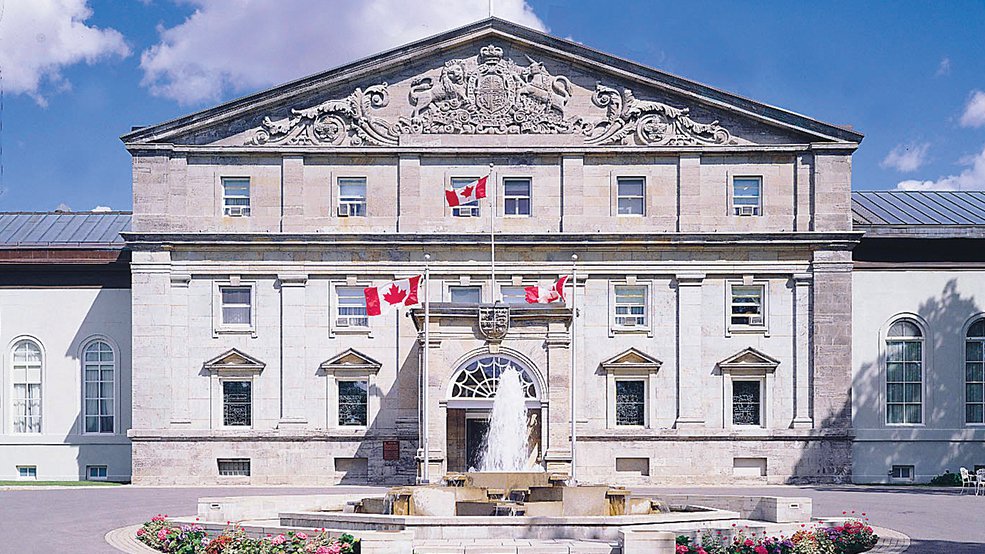As Senators have made their way back home for the summer, we’re having another round of them poking each other, like kids in the backseat of the car on a long trip, over just who are the “real independents” in the Senate. It’s getting a bit tiresome, especially with the Conservatives insisting that they’re the only ones because they vote against the government more often. The problem is that it’s a fairly flawed metric because they’re the Official Opposition and are supposed to vote against the government on a consistent basis. That doesn’t make them independent – it makes them the opposition.
The big problem with the metric about voting as a measure of independence ignores the broader procedural issues. If the government could really command the votes of its new independent appointees, then bills would be making it through the Senate a lot faster, and they’re not. The logistics of getting legislation through the chamber when you don’t have a whip who is organizing votes is one of the measures by which you can tell that these senators are more independent than the Conservatives in the Senate give them credit for. While the Conservatives, Senate Liberals and Independent Senators Group are getting better at organizing themselves in trying to come up with plans around who will be debating what bills when, the fact that the Government Leader in the Senate – err, “government representative,” Senator Peter Harder, refuses to negotiate with those groups to prioritize some bills over others, has been part of the reason why some bills went off the rails and took forever to pass. If he did negotiate, or could command votes to ensure that bills could be pushed through when needed, I would buy the argument that these senators aren’t really independent. The fact that there is this lack of coherence in moving legislation is one of the markers in the column of greater independence. This is also where the argument about the need for an Official Opposition kicks in.
@SenateCA @JPTasker Why unbelievable? Envision INDEPENDENT sober second thought – not lockstep Con partisan votes!
— Marilou McPhedran (@SenMarilou) June 26, 2017
While the dichotomy of strict Government/Opposition in the Senate has been upended with the new group of Independents, ending the duopoly of power dynamics that contributed to some of the institutional malaise around the rules, I will maintain that an Official Opposition remains important because it’s important to have some focus and coherence when it comes to holding the government to account. Simply relying on loose fish to offer piecemeal opinion on individual pieces of legislation or issues risks diluting the effectiveness of opposition, and it also means that there is less ideological scrutiny of a government’s agenda, which is also important. Partisanship is not necessarily a bad thing, and the Senate has traditionally been a less partisan place because there was no need for electioneering within its ranks. Trying to make it non-partisan will not make it better, but will make it less effective at what it does.

